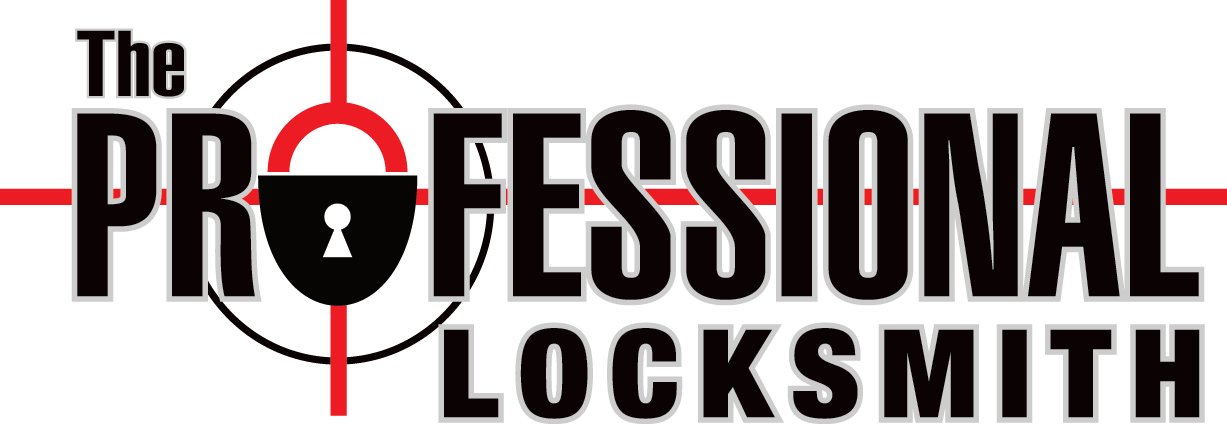Do you worry about running into a locksmith scam next time you need to call one? You should be worried if you don’t know what to look for. Many people don’t realize that locksmith scams are common and they are easily avoidable by being informed.
This year, it’s important to know what types of scams someone may try on you so that you can notice when something doesn’t feel right. Use these tips, like looking for a licensed locksmith company and inquiring about pricing, to make sure you avoid common locksmith scams next time you need one.
Get a quote and watch for extra charges
One of the ways to avoid a scam is to make sure a company can give you a quote and be transparent about when extra charges may come up. If possible, compare a few quotes so that you can see which ones are too high and which ones are reasonable.
If a quote does seem a bit high, it could be due to the job. The reason for the high prices is getting a service at your home rather than getting help from a store. You’re paying for the tools, the time, the transportation, the licensing costs, the continued training, and the skill of that professional.
Extra charges may come in to play and it’s important that a locksmith is transparent about that possibility. It’s common to pay for after-hours assistance, extra mileage, or service call minimums. Be sure to ask for a quote and what extras may come into play, since a professional locksmith would be happy to answer your questions about the intended repair.
A scammer would refuse to answer questions or may try to charge you for things unfairly after the job was done without quoting you for it in advance. Scammers also like to tell you the entire lock system needs to be replaced, charging you for a replacement part that is low-quality and unnecessary.
Scammers aren’t local and aren’t licensed
You’ll want to make sure you’re hiring a legitimate locksmith with proper licensing and identification. Look out for companies that are vague on the phone, don’t offer details like the name of the company, their local address, or a website, and use an 800 number rather than a local number that could actually be a call center.
A legitimate locksmith would answer the phone with identification, and be able to provide proof of their licensure and ID in person or online. In many states, it’s illegal to advertise these services without proper credentials. You can trust a locksmith that arrives in a company car rather than an unmarked car and actually asks for your ID to make sure you are unlocking a home or car that really belongs to you.
Look for these guys if you want quality, professional locksmith services!
Other Red Flags
There are certain details that you may feel uneasy about that are likely red flags to steer clear of this company. Did they answer the phone “locksmith services” instead of mentioning their company name? Are they able to provide ID or did they arrive in an unmarked car? If they insist on cash only, it’s their way of avoiding having you dispute the charge later when you realize this is a scam.
Did they insist on drilling out the lock and insisting on a replacement rather than bringing the proper tools to unlock the door? Are you struggling to find their address on their website or on google? Look for red flags such as these that may tell you to call someone else.
Use this guide to make sure you are working with legitimate locksmiths and avoiding any of the common scams that have fooled so many in recent years.



